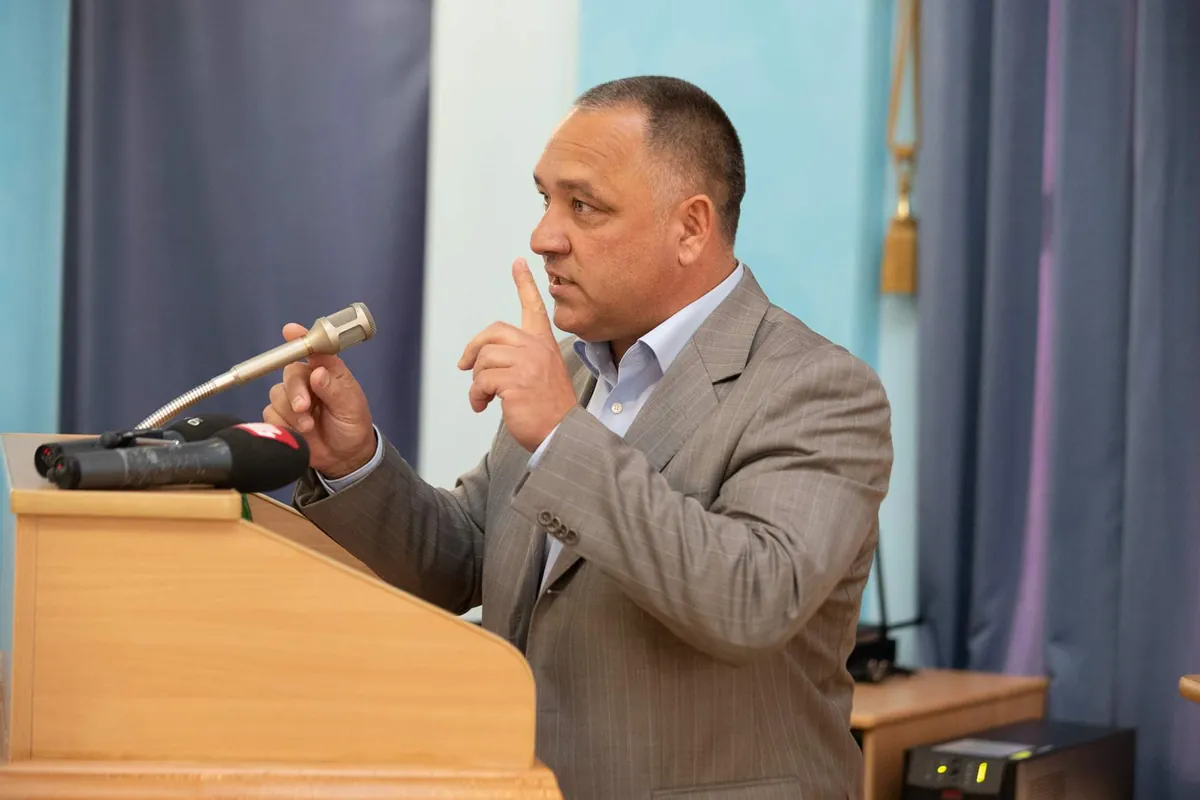Sitting on two chairs: how some politicians continue to flirt with the Moscow Church while supporting the OCU in words
Kyiv • UNN
Since the beginning of the full-scale Russian invasion of Ukraine, the process of transferring religious communities of the Moscow Patriarchate to the Orthodox Church of Ukraine has intensified. However, at the regional level, some politicians who have flirted with the Russian church for years are now trying to maintain ties with it.

Since the beginning of the full-scale Russian invasion of Ukraine, the process of transferring religious communities of the Moscow Patriarchate to the Orthodox Church of Ukraine has intensified. However, despite the fact that we are in the third year of the war, the branch of Russian Orthodoxy still feels confident in Ukraine. This is not least due to the fact that at the regional level, some politicians who have flirted with the Russian Church for years are now trying not to break ties with it, although in public they sometimes pretend to support the OCU. In particular, this is clearly seen in the Vinnytsia region, UNN writes.
According to Opendatabot, from the end of February 2022 to May 2024, 75 communities in Vinnytsia region joined the Orthodox Church of Ukraine, and the region ranks third in Ukraine by this indicator.
In total, as of early May, there were 8,097 churches of the Moscow Patriarchate in Ukraine, including 526 in the Vinnytsia region. Again, this is the third highest figure among all regions.
It is a paradox, but it is explained by the fact that although people want to break religious ties with Moscow, they encounter many obstacles on their way to the Ukrainian church. That is why transitions are delayed.
In particular, we have repeatedly written about the situation in Ladyzhyn, where the community of the local St. Kazan Church unanimously supported the transition to the Orthodox Church of Ukraine last fall. However, due to the openly pro-Moscow position of the priest Yevhen Vorobyov, who hid behind his few supporters and constantly organized provocations, people actually had to fight to enter their home church.
Other church communities in the Haisyn district may face similar difficulties. The reason is that, as UNN has learned, a deputy of the Vinnytsia Regional Council from the Batkivshchyna party, Hennadii Mazur, is secretly trying to influence the religious life of several settlements in his constituency.

Hunting for a mole: why Yulia Tymoshenko's MP closed his declarations20.05.24, 11:03 • 297329 views
For many years, this man has not hidden his commitment to the UOC-MP. He is a full knight of the Order of Prince Volodymyr the Equal to the Apostles and holds the Orders of Nestor the Chronicler of the II and I degrees. These are some of the most prestigious awardsthat can be received from the branch of the Moscow church in Ukraine.
Since the beginning of the full-scale Russian invasion, Mazur has been in hiding. Moreover, he even twice declaratively supported the Orthodox Church of Ukraine: in November 2022, he voted in favor of the Vinnytsia Regional Council's appeal to the President of Ukraine, the Verkhovna Rada, and the Cabinet of Ministers to ban the activities of the UOC-MP in Ukraine, and in April 2023, he voted to terminate lease agreements with churches of the Moscow Church.
It is difficult to say whether Mazur's pro-Moscow friends were happy about this political coup, but after these two votes he did not make any particularly sharp moves towards the OCU, trying to sit on two chairs at the same time.
Meanwhile, in Mazur's native village of Hordiivka, the Moscow Patriarchate community is considering the possibility of moving to the OCU. So far, this process is only at the level of talk. But as we have learned, even talk of a possible change of religious affiliation irritates Mazur, and he is trying to convince people not to rush to the transition.
The logic of the Batkivshchyna MP's actions in this situation is obvious. If the community's transition to the OCU does take place, the OCU will definitely ask Mazur: why did you receive orders from us, which you continue to boast about? Maybe they will also demand that he return them..